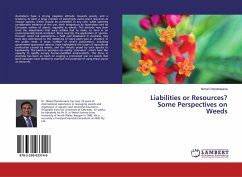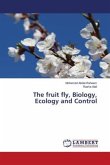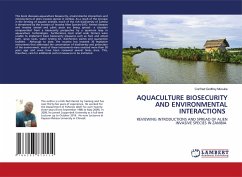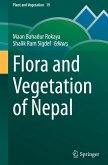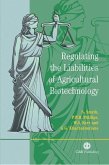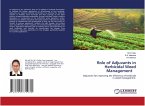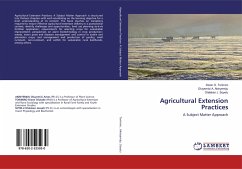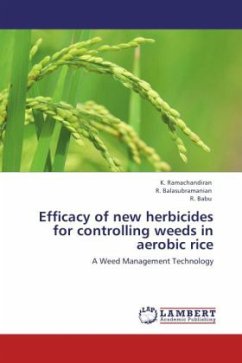Australians have a strong negative attitude towards weeds, and a tendency to label a large number of potentially useful plant resources as invasive species, which should be controlled at any cost, while ignoring considerable evidence of the use, both Indigenous by Australians and by European settlers of plants, regarded as weeds. This attitude may stem from the adjustments that early settlers had to make, to farm in an environmentally harsh continent. More recently, the application of 'species-focused' weed risk assessments- a field well developed in Australia, may have also contributed to the maligning of many plant taxa as 'invaders' in the public mind. A large number of recent publications, including government-sponsored reports, have highlighted the losses of agricultural production caused by weeds, and the threats posed by such species to biodiversity. The plants in question are mostly 'colonisers', which have the capacity to rapidly occupy human-modified environments. The focus in Australia has been so much on waging a protracted war on weeds that land managers have tended to overlook the potential of using these plants as resources.
Bitte wählen Sie Ihr Anliegen aus.
Rechnungen
Retourenschein anfordern
Bestellstatus
Storno

